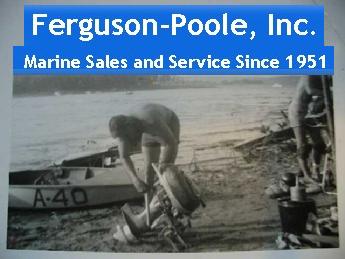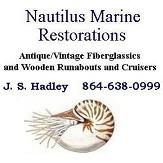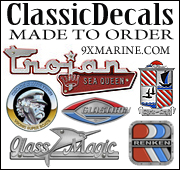If it is rust that is the big concern regarding structural integrity, if someone who is family that can do some testing, maybe you could do a small test with a wooden mallet. If you could tap along the trailer tubing (not hitting hard enough to dent) and listen to the sound you get sound tones back that you could compare from place to place. Likely if you tapped on inner areas that you don't normally see (if you would accidently make a dent), you could compare what should sound and feel firm and similar sound. certainly you will get different tones on shorter pieces and areas near sharp curves...but I would think you could eventually tell if you had funny dull or muted dull sounds rather than stronger and more consistent sounds. If you still had questions, you could resort to also using a small metal head hammer to get a metal feedback sound. I know this is not using an x-ray machine for when they inspect welds, but it likely could give you some feel for it. Also, it would help to have normal tongue weight instead of really excessive tongue weight where it would put more stress on the frame between the tires and tongue. I have seen people put so much extra load inside the boat (like wood , furniture, or camping equipment), that the tongue weight is so great you can see the trailer flex. you also could have someone hitch it up and put a couple of adult inside as far front as possible. Have someone stand along side to watch for flexing that does not return and then have them bounce a bit...your empty load would likely never put stresses like that on the trailer when towing. Also, and Aluminum boat is lighter than Fiberglass for the same size usually. If you knew the weight of boat and motor and compare to trailer rating (if known), you would likely fall much less weight than rating...also there is a safety factor built in so a trailer would not collapse if one pound overweight. I know I am not talking professional structural engineer stuff, nor professional metallurgical analysis, nor professional metal fabrication shop stuff...but most older metal had quite heavier gauge builds. I still would bet that camper trailer place could even give you an opinion on the structural , but likely would not likely give you certainty or anything in writing due to liability issues. I think it is great that you are looking at safety and integrity (not only for you, but those who travel along your route). Maybe others have much better ideas. If any of those tests caused damage or failure, at least it happened in a driveway before you hit the road. Best of luck no matter what you end up doing. Last note: if the boat has an outboard motor that could be removed and placed in a tow vehicle, you just reduce load of 100 or more pound...however, if that results in excessive tongue weight, then perhaps best to leave on.














